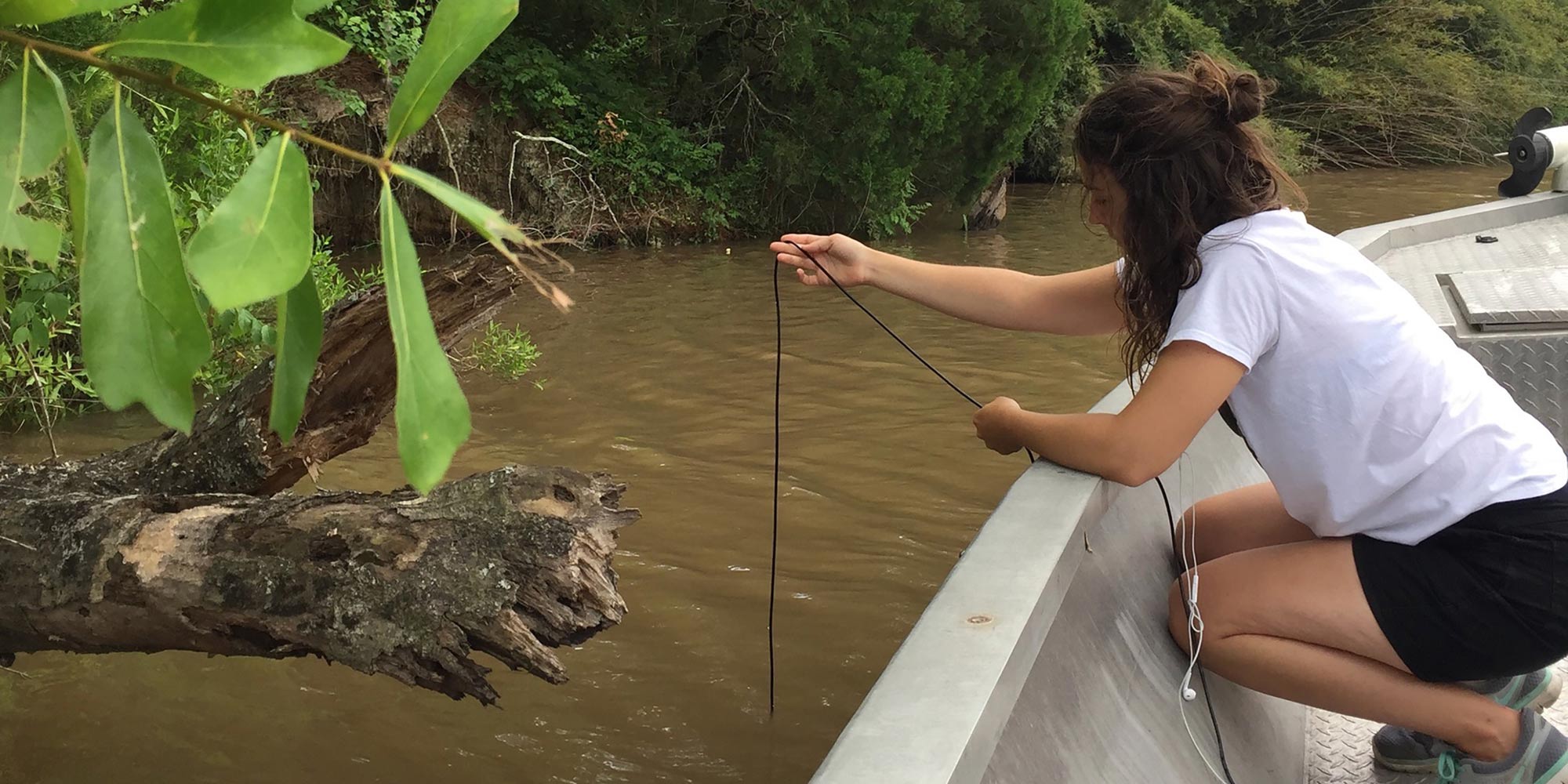Zugzwang explores how a non-human centered approach to the use of technology can help us tune in to our companion species & environments. Though sound is omnipresent, we have problems understanding. Miscommunication and distortion happen constantly. Can listening become a central asset in learning about our environment?
Zugzwang
Zugzwang – German for “compulsion to move” – is a situation found in chess and other turn-based games where one player is put at a disadvantage because they must make a move when they would prefer to pass and not move.
In this case, it explores how a non-human centered approach towards the use of technology can help us to tune in with our companion species & environments. Sound can connect and, depending on the vantage, received, propagated, and perceived.
The attempt to tune-in with our environments opens possibilities to critically discuss questions around listening, talking, and connecting with all our companions, living and non-living. Listening doesn’t merely extend to caring for each other, but to eavesdropping on other species to prevent threats.
But though sound is omnipresent, we have problems understanding it. Miscommunication and distortion are constant. Can listening once again become a central asset to learn about our environment? Though access to machine learning allows us to interpret planetary sounds, will this prevent further misunderstandings? How can we avoid a too human-centered perspective and start to think as a connected network, resonating on Earth?
Project Credits / Acknowledgements
AMRO – Art Meets Radical Openness, servus.at Research Lab, Samuel Hertz, Natalia Domínguez Rangel, Tega Brain, Johann Aigner, Institut für Hydrobiologie und Gewässermanagement, Universität für Bodenkultur Wien
Sturgeon recordings courtesy of Dr. Chrys Bocast, Divergent Arts Ltd, Colorado, USA
Biography
Christina Gruber is an artist and freshwater ecologist, working at the intersection of art and science. Water is of special interest to her, as it is the element all things on Earth have in common; a connector different places & layers, running through everything, from clouds to data centers. Christina is a scientific researcher at the Institute of Hydrobiology Vienna.
Samuel Hertz is a Berlin-based composer and researcher investigating connections between sound and climate, emphasising geologic, ecologic, and social listening practices at more-than-human scales. As the first winner of the DARE Prize for Radical Interdisciplinarity, he researched Infrasound alongside climate scientists, music psychologists, and paranormal investigators, with a premiere at Opera North (UK). Current work includes Librations (with Carmelo Pampillonio), utilising Earth-Moon-Earth 16-26m radio telescope relays to create Moonbounce recordings. Librations premiered at Fylkingen (SE) in 2020.



